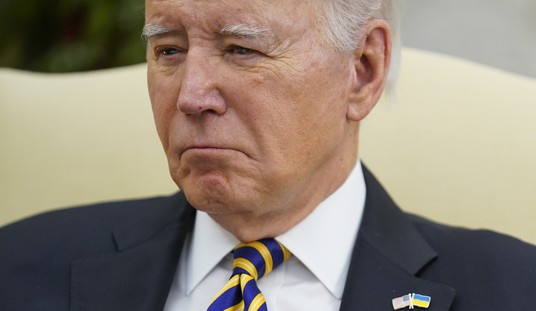 Fatherhood has been undergoing a dramatic redefinition in recent years, amply covered by journalists, scientists, and sitcoms. That’s why the Tweet I saw today (“Do fathers make good writers? Do writers make good fathers?“) was clickbait I eagerly lapped up.
Fatherhood has been undergoing a dramatic redefinition in recent years, amply covered by journalists, scientists, and sitcoms. That’s why the Tweet I saw today (“Do fathers make good writers? Do writers make good fathers?“) was clickbait I eagerly lapped up.
The article I wound up reading, “The Pram in the Hall,” revealed more about its author, Shane Jones, than it did about writing or parenthood. Jones is admittedly image-obsessed, and that’s evident when he spends most of this article talking not about the unique challenges parenthood poses to writing, but about the challenges it poses to his carefully cultivated personal and professional image.
He writes, “In our culture, fatherhood means baggy khakis and cars with side-impact airbags—it’s something of a joke.”
I don’t see how that’s something of a joke — I just see a comfortable man in a safe car. And people in the book world aren’t known for their glamorous good looks and fashion sense, either, so I’m not sure how any of that is a threat to his career. Have you been to a publishing trade show lately? Clint and Stacey would have a heart attack.

My boyfriend told me once that he’s suspicious of any musician whose music doesn’t change after he or she becomes a parent. I agreed, asserting the same about writers. You can’t go through such a major change in life without it showing through in your art, if your art comes from your deepest core of experiences and feelings. But if your art comes from an obsession with self-image, well, then you can talk about children in writers’ lives as if they’re props:
William Vollmann has a daughter. He rarely mentions her in interviews, and I can’t recall a single instance where she appears explicitly in his writing, but Vollmann once told an interviewer that having a child was the most fulfilling part of his life; he enjoys having her in his studio as he works.
That’s about as close as the author comes to discussing what I thought would be the topic of this article — how parenthood affects writing. But even then, his approach is superficial — he just mentions that several award-winning authors happened to write good books after becoming parents, and one or two of them even liked keeping their kids around! I wish Jones had stepped out of questions of literary image-building, to talk about actual literature, just as I wish he’d wrangled his way out of the discussion of daddy-image to talk about being a dad.
I could rag on this poor guy for days, but that wouldn’t be helpful, kind, or important. What is important is that this piece appeared in the Paris Review, one of the megaphones of the cultural elite — the people who place the loudest bets on which works of art, and attitudes embedded in them, will endure and remain significant to the next generation. The attitude about fatherhood in this article is stark: it’s a hokey, middle-brow pursuit. The image of fatherhood should be carefully concealed; its joys and challenges are beneath mention here. And if good art really does spring from one’s deepest core of feeling and experience, that attitude toward fatherhood is reflected in the attitude toward art: image has overtaken content. It’s not surprising, then, that many of the writers he chooses to highlight tend toward the nihilistic.
I’m just grateful that the elite attitude toward fatherhood isn’t shared by any of the fathers I know. Now I’m going to return to my Stephen King novel — he’s a writer who knows how to eloquently, passionately, and painfully capture parent-child relationships. He also happens to be an outspoken critic of the literary elite. Coincidence?








Join the conversation as a VIP Member